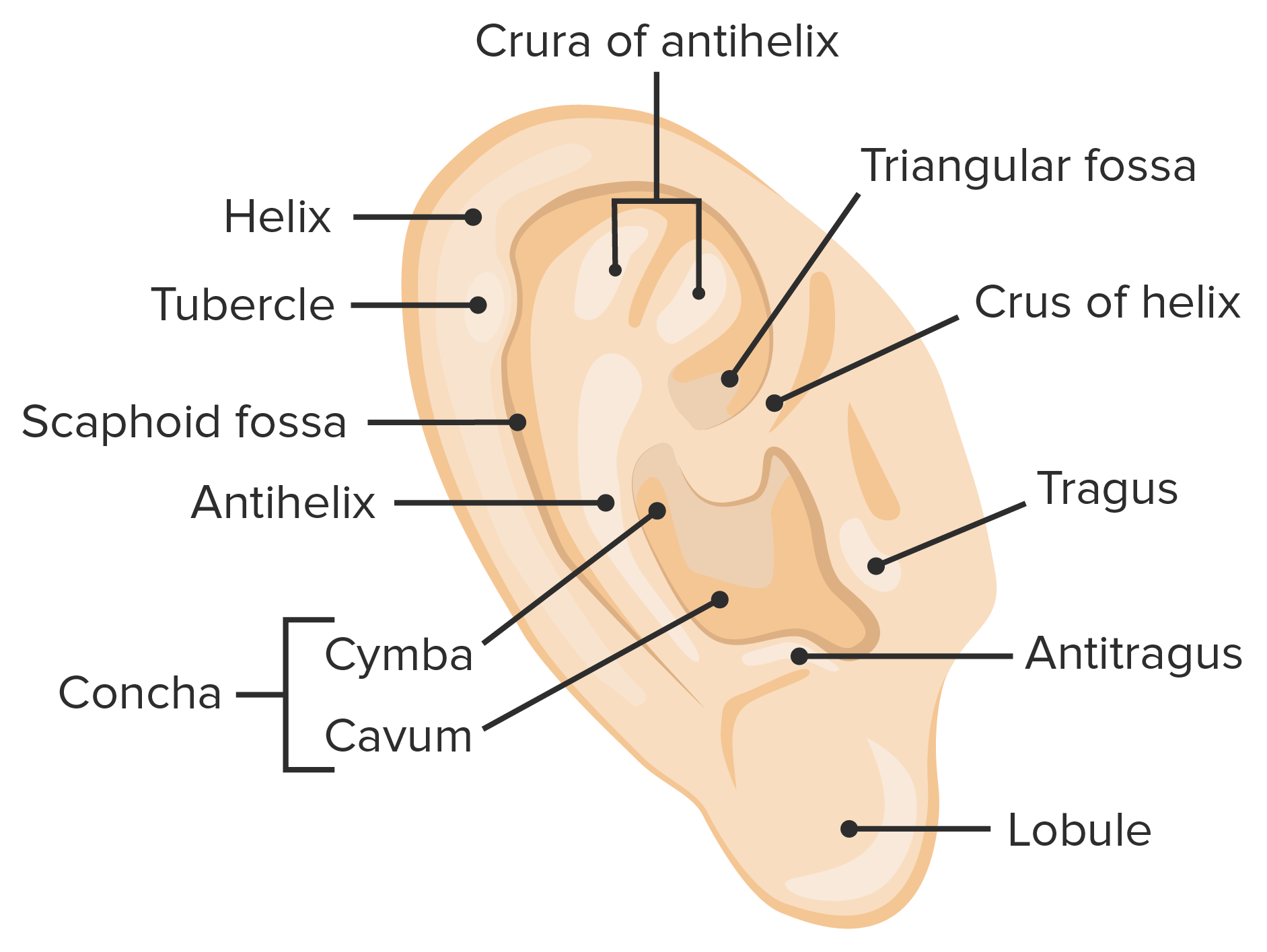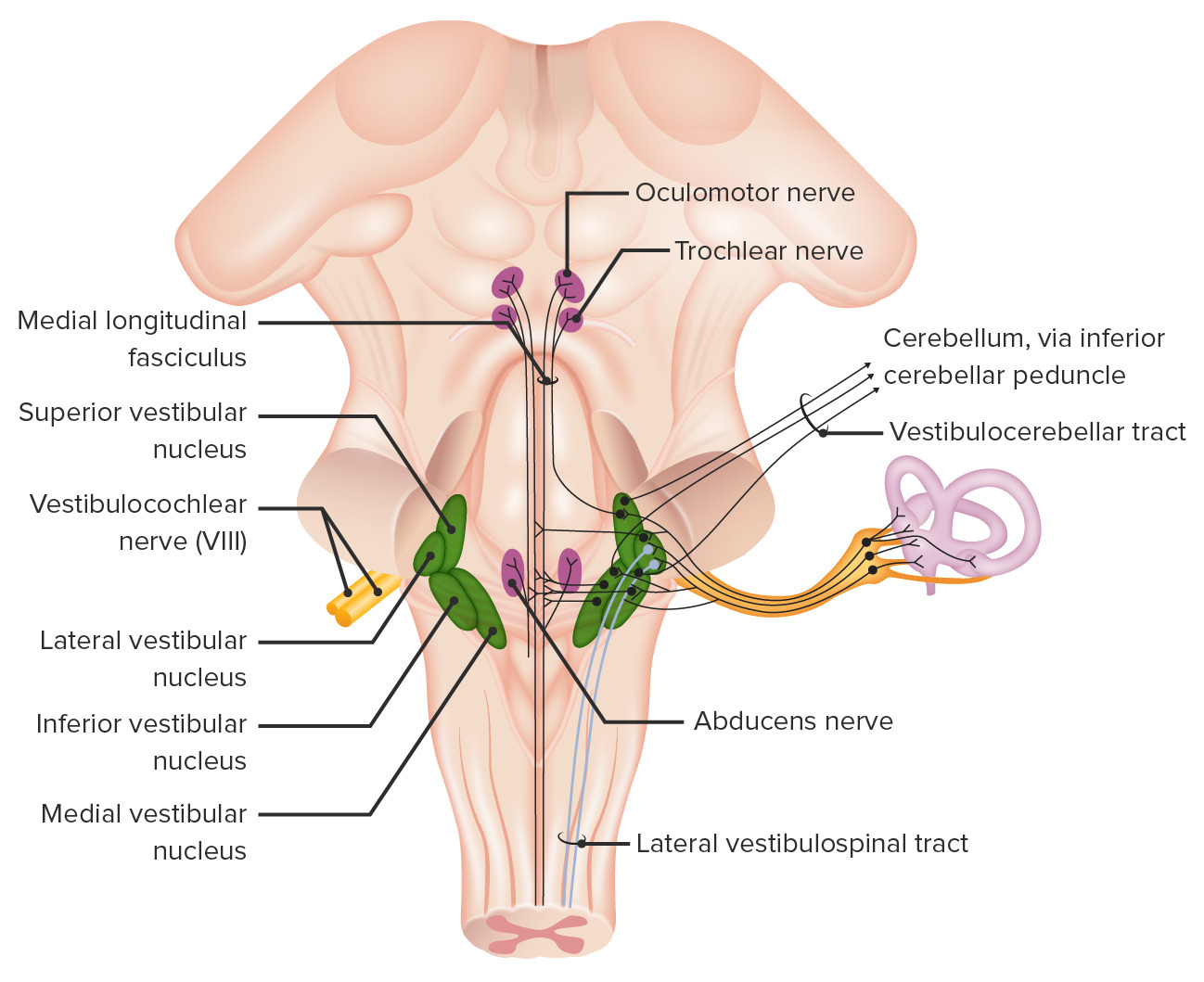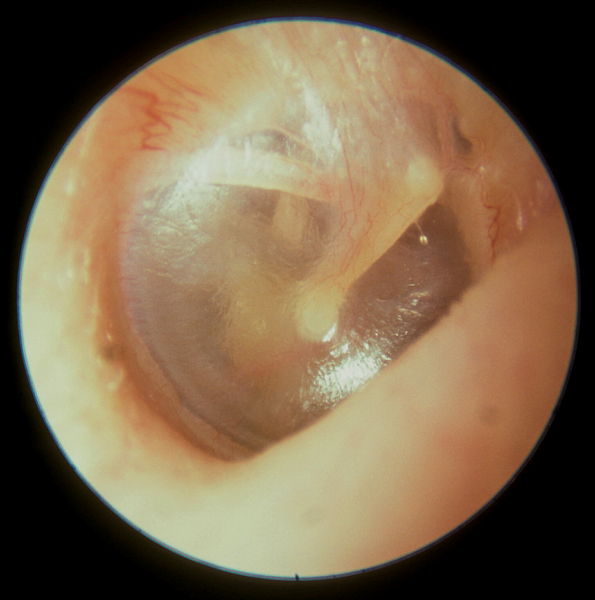Playlist
Show Playlist
Hide Playlist
Hearing Damage and Sensory Perception – Hearing (PSY,BIO)
-
Slides Hearing SensingtheEnvironment.pdf
-
Download Lecture Overview
00:01 So let’s take a look at if you have some damage to these structures and what affect that has on function. 00:05 So presbycusis is a cumulative effect of aging on hearing. 00:09 So as we get older, we all know that your hearing tends to go. 00:13 We all have our parents where they’re like, “What?” and you’re repeating yourselves. 00:16 Now, you can say, “I understand.” And you don’t have to get mad at them, right? You’re also going to have other types of damages which I’ll highlight in just a sec. 00:24 So progressive and irreversible bilateral symmetrical age-related sensorineural hearing loss. 00:29 That’s a mouthful. 00:30 So what we’re saying is progressive, it’s going to get worst as they get older. 00:34 It’s irreversible. It’s not something you can fix. 00:36 Bilateral symmetrical, meaning it’s happening on both ears. 00:39 Age-related, it’s because our loving parents and grandparents are getting older. 00:44 And sensorineural means that this is due to a lack or inability of us to detect the sensory information because of damage to these neurons leading to hearing loss. 00:53 Okay. So I hope all that make sense. 00:55 You’re also going to have other forms of hearing loss but that’s distinct than this age dependence sort of low and slowed progressive damage I’m talking about. 01:05 You’re also going to have something called tinnitus. 01:07 I’m sure you’ve heard that term before as well and I’m sure you’ve experienced it and you have that ringing in the ear. 01:12 Have you ever had that before where it goes -- and you hear that for a couple of seconds and it goes away? What’s happening there is you’re actually feeling or hearing or experiencing damage to some of your hair cells and that’s also irreversible. 01:24 So being in times where you’re in loud, loud concerts or somebody is yelling at you, that loud sound can be too traumatic and actually will disrupt, damage hair cells and then that will lead to that tinnitus that you’re feeling, experiencing. 01:38 So, this specific disorder is caused by the generation of the cochlea or associated structures to the inner ear or auditory nerves. 01:45 So now we’re being fairly specific in terms of the type of damage. 01:51 We’re not going to go so deep, but there’s actually four ways you can experience this type of hearing loss and each one is reflected by the type of structure that’s damaged. 02:00 So the hearing loss is most marketed at higher frequencies. 02:03 So that would be at the base of the basilar membrane. 02:09 And at the higher frequency, so things like treble. 02:11 So really, really important to understand all the different components that make up the ear. 02:16 It’s important to understand the process of how we convert sound energy into vibrational energy and into mechanical energy and into chemical energy and then, ultimately, into an action potential so that we can send the information onto our brain, the auditory centers of our brain to process what we heard.
About the Lecture
The lecture Hearing Damage and Sensory Perception – Hearing (PSY,BIO) by Tarry Ahuja, PhD is from the course Sensing the Environment.
Included Quiz Questions
Which type of hearing loss affects the same area as that of hearing loss caused by loud music?
- Hearing loss associated with presbycusis
- Hearing loss associated with ear infection
- Hearing loss associated with cerumen
- Hearing loss associated with ear fluid accumulation
- Hearing loss associated with ear trauma
What causes irreversible hearing loss due to degeneration of inner ear structures?
- Presbycusis
- Otosclerosis
- A foreign body in the ear
- Fluid accumulation in the ear
- Vestibular schwannoma
Customer reviews
5,0 of 5 stars
| 5 Stars |
|
1 |
| 4 Stars |
|
0 |
| 3 Stars |
|
0 |
| 2 Stars |
|
0 |
| 1 Star |
|
0 |
Dr. Ahuja does a great job of concisely presenting information in a tone that is upbeat and engaging.






